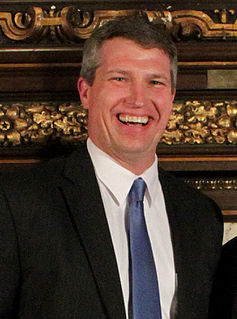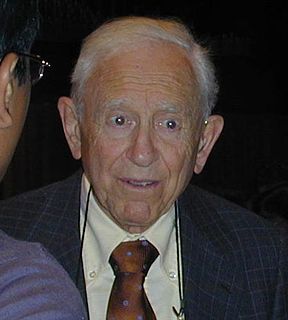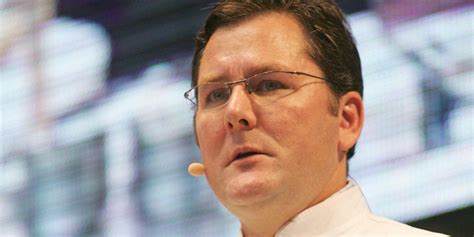A Quote by Jane Smiley
One of the profound effects of economics in our day is that the people with the money and the power have embraced the guilt-free, external-less, everything-will-turn-out-okay-in-the-end philosophy of economics in order to justify their own evil works. And the economists, for the most part, have sucked up to that money.
Related Quotes
Anyway that's a large part of what economics is - people arbitrarily, or as a matter of taste, assigning numerical values to non-numerical things. And then pretending that they haven't just made the numbers up, which they have. Economics is like astrology in that sense, except that economics serves to justify the current power structure, and so it has a lot of fervent believers among the powerful
Trickle-down economics - it didn't work. The whole idea was supply-side economics: give rich people a lot of money; they'll spend it, it'll go into the economy. Here's what we found out - rich people, really good at keeping all the money. That's how they got rich. If you want it in the economy, give it to the poor people. You know what they're really good at? Spending all their money.
I have concluded that most PhD economists under appraise the power of the common-stock-based "wealth effect," under current extreme conditions... "Wealth effects" involve mathematical puzzles that are not nearly so well worked out as physics theories and never can be... What has happened in Japan over roughly the last ten years has shaken up academic economics, as it obviously should, creating strong worries about recession from "wealth effects" in reverse.
Modern economics is sick. Economics has increasingly become an intellectual game played for its own sake and not for its practical consequences for understanding the economic world. Economists have converted the subject into a sort of social mathematics in which analytical rigour is everything and practical relevance is nothing.
Money is one form of power. But what is more powerful is financial education. Money comes and goes, but if you have the education about how money works, you gain power over it and can begin building wealth. The reason positive thinking alone does not work is because most people went to school and never learned how money works, so they spend their lives working for money.
I also believe - and hope - that politics and economics will cease to be as important in the future as they have been in the past; the time will come when most of our present controversies on these matters will seem as trivial, or as meaningless, as the theological debates in which the keenest minds of the Middle Ages dissipated their energies. Politics and economics are concerned with power and wealth, neither of which should be the primary, still less the exclusive, concern of full-grown men.
How should the best parts of psychology and economics interrelate in an enlightened economist's mind?... I think that these behavioral economics...or economists are probably the ones that are bending them in the correct direction. I don't think it's going to be that hard to bend economics a little to accommodate what's right in psychology.





































